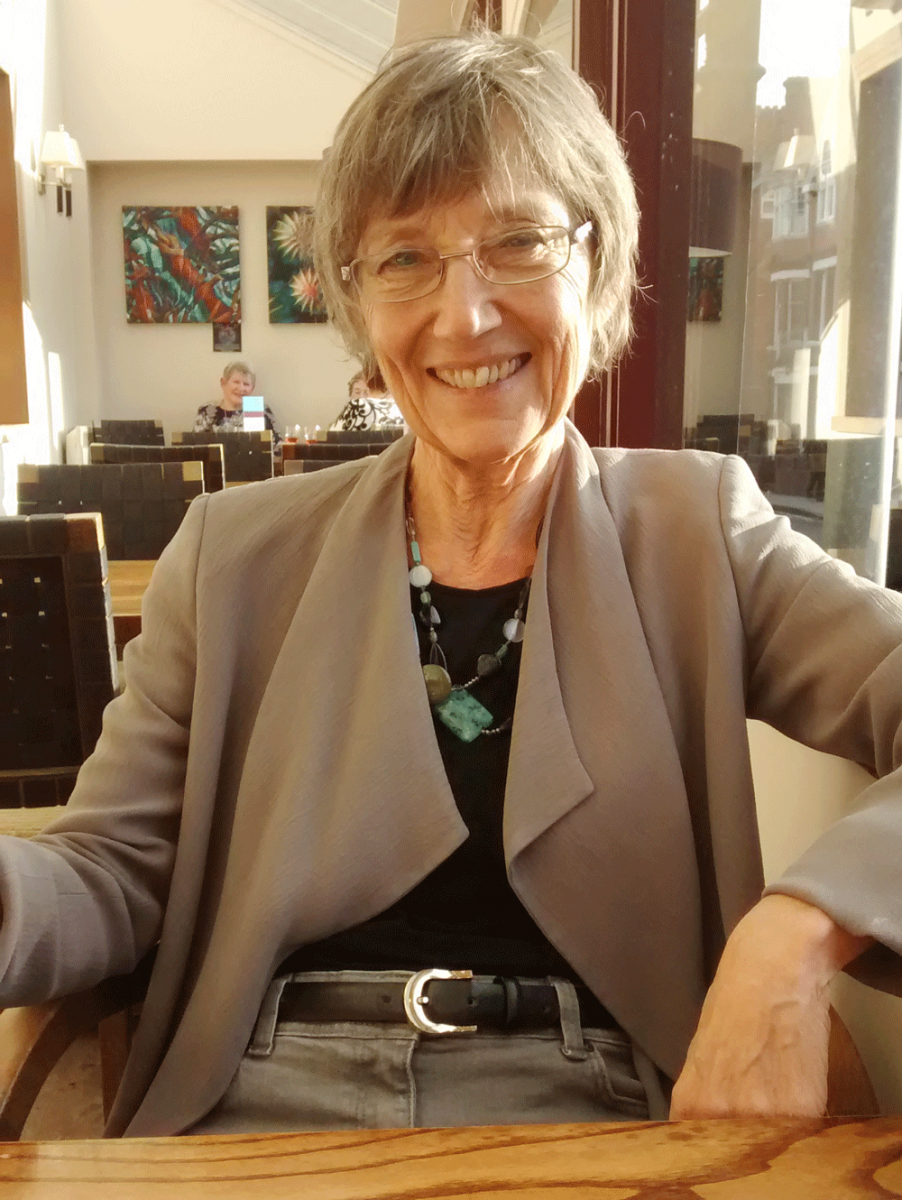
Ruby Lescott has had several Irish women she’s never met stay in her south London home. This isn’t Air BnB: Ruby is a volunteer with the Abortion Support Network, a group that helps Irish women who travel to England in order to end unwanted pregnancies.
With abortion being illegal in the Republic of Ireland and only available under extremely strict circumstances in Northern Ireland, Irish women procure safe abortions by travelling to England. In 2015, 4,284 Irish women took a boat or plane over to England (or Wales) for an abortion, according to the Department of Health. That’s an average of 11 women per day.
When a woman needs a place to stay Ruby receives a text. She makes up a bed, welcomes them in, and often accompanies them to the clinic. She’s done it for several women, but one in particular stands out. She was a teenager, “certainly underage when she got pregnant.” Her family had said they would support her to have the child, but then she was told the foetus had abnormalities and she wasn’t allowed a termination. The young woman had arrived looking tense and scared, but, Ruby says, “she left as a radiant teenager.”
“On average, 11 women a day travel from Ireland to to England for an abortion”
Seeing how women change when they’re allowed a safe abortion is one of the reasons Ruby is part of the network. “I see the transformation of these women who've had weeks or months of an absolute nightmare. And they leave just feeling on top of the world, because this hideous problem has been resolved.”

The Abortion Support Network was founded in 2009 by Mara Clarke. It is not illegal for Irish women to travel for a termination, but it is expensive. Mara started the network because she felt that inequity was wrong.
“Women with money have options and women without money either have the babies they don’t want, or do dangerous and desperate things to try to self-terminate.”
As well as a safe place to stay if they need it, the network also helps women with advice and money. When a woman in Ireland has an unwanted pregnancy, if she’s lucky, a friend will have heard of the network. She can then call, text or email and one of their trained volunteers will call her back and talk through her options.
Often women are very panicked at this stage: they’ve done a pregnancy test, looked at the next flight to London and think they can’t afford to get there. Mara’s advisers know the cheapest clinics, travel options, and accommodation. If she still can’t afford the costs the network will fund what she needs, and send a text out to their volunteer hosts, who all live near abortion clinics.
The network began in October 2009. In that year they supported four women. From then the figures have been rising. By 2016 the Abortion Support Network had helped 3,216 women with advice, funding and hosting.
The ages of the women the network has helped ranges from 13 to 52: 127 of them were in abusive relationships, 88 were pregnant as a result of rape and 19 tried to self-harm or self-terminate.
“Brexit means women could need a visa to lawfully receive an abortion, causing delays and additional costs”
It’s clear the network is needed, but now pro-choice campaigners are concerned about the impact of Brexit. Last year Catherine Barnard, a senior fellow at the UK in a Changing Europe, told Mashable that if the UK doesn’t uphold the existing free movement rights – which give people the right to move freely between member states in order to lawfully "receive services", including abortion – it could mean women have to obtain visas, which would cause a delay and push up the costs.
The price of an abortion goes up as the pregnancy continues. A termination at 14 weeks costs £350 to £410. Up to 19 weeks it goes up to £585 to £650, and over that it can cost £1350 or more.
Every delay pushes up the cost and Mara says even making passports a requirement for travel would be a problem, as many of the women she helps don’t have them.
Brexit isn’t the only problem. There’s another method Irish women use to procure safe abortions, and that one has also come under threat. If a woman is less than ten weeks pregnant, she has the option of buying “early medical abortion” pills online and taking them at home. These pills, Mifepristone and Misoprostol, block the hormone progesterone that helps sustain pregnancy, and enhance contractions, causing an abortion. They’re the same pills given out by the NHS and the online providers are highly respected in the sexual health world. But they’re illegal for women to take in Ireland.
There are two main reputable websites that sell abortion pills online: Women on Web and Women Help Women. Both stopped sending pills to the Republic around five years ago, Mara says, because they were being confiscated at customs.
The pills are still sent to Northern Ireland, and since around 2010, when women first had the option to buy them online, the number of women traveling from Northern Ireland for terminations has been declining. But last year something happened that could reverse the trend.
“A 21-year-old woman was taken to court after her flatmates suspected her of having an abortion and alerted the police”
A 21-year-old woman from Belfast was taken to court. Two years earlier she’d had an unwanted pregnancy but couldn’t afford to travel to the Britain so she bought the abortion pills online and took them at home. Her flatmates found evidence of her “crime” in the toilet, and called the police. She was given a three-month suspended prison sentence. Since then, Mara says, the number of women they’ve helped from Northern Ireland has increased by 14 per cent. The high-profile case – along with a few others, including a woman who bought the pill online for her daughter – seems to have ignited a fear of buying abortion pills online.
It appears women from Northern Ireland are under an increasing threat of prosecution, and women from the Republic of Ireland, who have had it more difficult anyway, could be affected by Brexit.
Mara is worried about the impact of Brexit and the clamp down on abortion pills, but then, she says, “this business is always worrying.” I ask her if she plans to continue her work until the law in Ireland changes. “Yes. Ireland, Northern Ireland and the Isle of Man. And then we'll move on to Poland or Malta.”
Things are changing for Irish women when it comes to abortion, in both Northern Ireland and the Republic. Last month, pro-choice campaigners had a breakthrough when the Citizens’ Assembly, a public forum that advises the government of the Republic of Ireland on constitutional issues, voted to recommend unrestricted access to abortion in early pregnancy. Any change to the law would require a referendum, but it is still a progressive step.
Whatever happens, there’s one thing Ruby is sure of. At 76-years-old, she remembers when abortion was illegal in England, and she herself had a “back street” abortion. Whether it’s legal and safe or illegal and dangerous, Ruby says, “women will seek out abortions.”
Find out more about the Abortion Support Network at www.asn.org.uk and the London-Irish Abortion Rights Campaign at londonirisharc.com